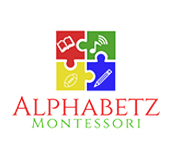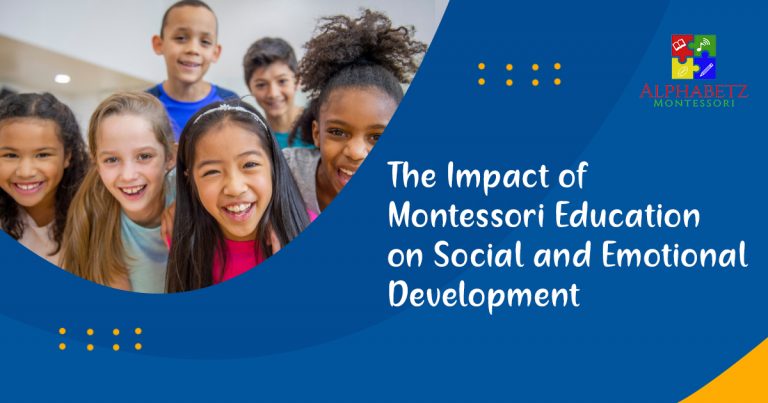Montessori Magic: Preparing Kids for Kindergarten & Beyond
In the realm of early childhood education, the Montessori method stands out as a beacon of innovation, emphasizing the holistic development of the child. This blog delves into the essence of Montessori education and its profound impact on preparing children for kindergarten and beyond. Embracing the Montessori Philosophy The Montessori philosophy is built on the pillars of independence, imagination, and the development of physical and cognitive skills. At its core, this educational approach believes in fostering a child's natural desire to learn. Unlike traditional education systems that often follow a one-size-fits-all curriculum, Montessori education tailors the learning environment to each child's unique needs and interests. This nurturing of a child's autonomy and curiosity is crucial in their formative years. A key component of the Montessori method is the prepared environment. This concept refers to a learning space designed to maximize independent learning and exploration. Every material and piece of furniture is chosen with the child's size, interests, and developmental stage in mind, making learning accessible and engaging. The Prepared Environment: A Child's Learning Haven Montessori classrooms are distinctively different from their traditional counterparts. Here, children are encouraged to engage in self-directed activity, hands-on learning, and collaborative play. This environment is meticulously organized and equipped with age-appropriate materials that invite exploration and discovery. Such a setting fosters independence and curiosity, laying a solid foundation for lifelong learning. Social and Emotional Development in Montessori The Montessori method shines in its approach to social and emotional development. Mixed-age classrooms are a staple of this educational model, promoting empathy, social understanding, and leadership skills among students. Children learn to respect themselves, others, and their environment, a testament to the method's effectiveness in nurturing well-rounded individuals. Cognitive Skills and Academic Foundation Montessori education excels in preparing children academically through sensory-based and hands-on learning experiences. Subjects like math, language, science, and cultural studies are taught in a way that is both engaging and educational. This approach…


